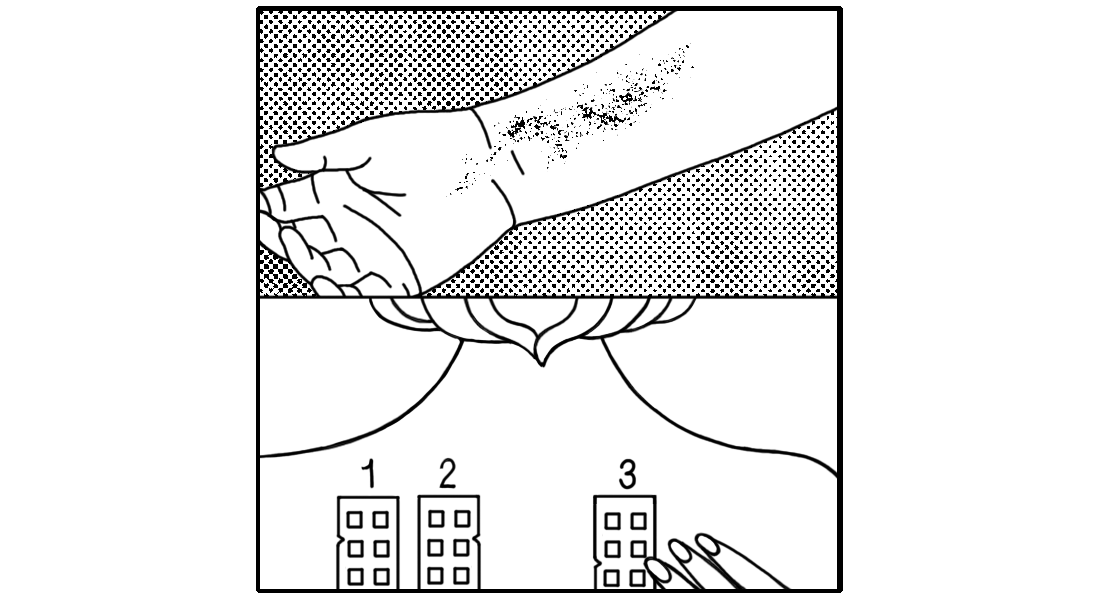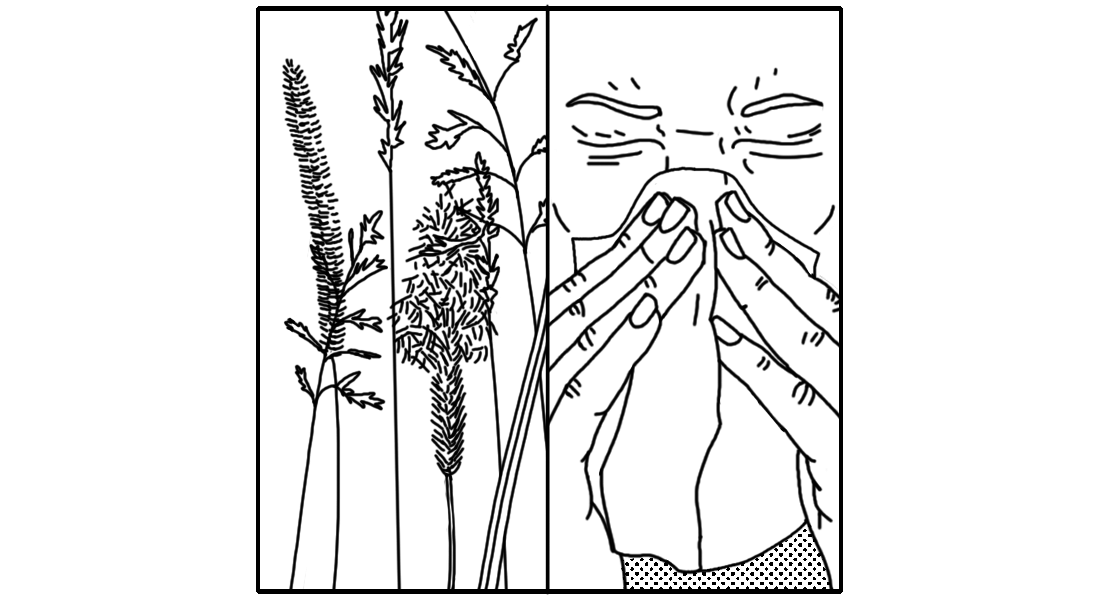ECZEMAS AND DRUG HYPERSENSITIVITY
3.2
The discovery of contact dermatitis
In antiquity physicians believed too much internal heat to be the reason for eczema. Only in the second half of the 20th century scientists got a clearer idea of what caused skin irritations.
In this video you will get to know how the understanding of skin disorders changed over time, as well as how some of the most important scientists in this field expanded the knowledge about this topic. The video will also address the skin patch test which changed the possibilities fundamentally.
This step is the last one to introduce historical facts in order to illustrate how the grasp of allergies evolved. In videos as well as in the documents you found attached to certain steps you saw cartoons that maybe helped you to memorise notable information. Here is the last one that summarises some stations on the way to our concept of allergy.
The concept of allergy

In 1895 Josef Jadassohn performed a “functional skin test” in a patient with an eczema from mercury ointment, the first patch test. This helped to understand basic principles of allergic contact dermatitis and to distinguish it from irritant contact dermatitis. Bruno Bloch, Professor of Dermatology in Basel and Zurich, further evolved patch testing and thereby greatly expanded the knowledge on cellular immunity and allergy.

The discovery of anaphylaxis in 1902, the phenomenon of Arthus in 1903, and the observation of serum sickness in the same year by Clemens von Pirquet and Bela Schick, and finally the coining of the term allergy in 1906, were key events for the later understanding of antibody-mediated immunity and allergy.

Taking up the concept of vaccination against infections, in 1911 Leonard Noon and later John Freeman injected crude grass pollen extracts to treat hay fever. In 1923 Arthur Coca and Robert Cooke published their concept on atopic diseases and atopy, a term that is still in use today, although there is still no general agreement on its exact definition.
From a natural science perspective, the introduction of a historical narrative might sometimes not seem important to help current understanding of a scientific phenomenon. How do you judge this?
Téléchargements
